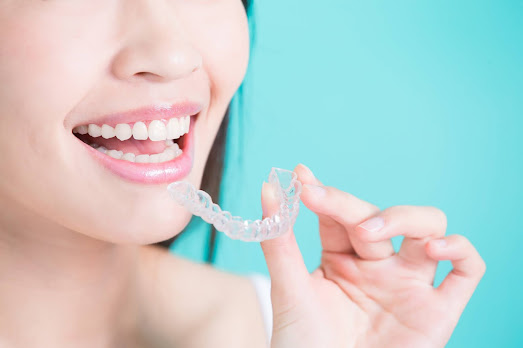Many people wonder if yellow teeth can become white again. Thankfully, teeth whitening methods make it possible to transform discolored teeth, restoring their natural brightness. Various options are available, ranging from at-home remedies to professional treatments that produce quicker, longer-lasting results.
What Causes Yellow Teeth?
Teeth can become yellow due to a variety of factors, including diet, smoking, aging, and oral hygiene habits. Coffee, tea, red wine, and soda are common culprits for staining teeth. Poor brushing and flossing can also contribute to discoloration by allowing plaque to build up on the surface. The good news is that most yellowing can be treated effectively.
Options for Whitening Yellow Teeth
There are several methods to whiten yellow teeth, each with its pros and cons. At-home whitening strips and trays can help but often require consistent, prolonged use to see results. Professional treatments, like those available through teeth whitening near you, offer a stronger solution with immediate results. These treatments use higher-grade whitening agents to brighten teeth by several shades in just one session, providing noticeable results faster.
Tips to Maintain White Teeth
Once you’ve achieved your desired shade, it’s essential to maintain your results by following these steps:
- Brush and floss regularly to prevent plaque buildup.
- Limit foods and beverages that stain teeth, such as coffee and wine.
- Consider using touch-up whitening treatments to keep your smile bright.
Is Professional Whitening Right for You?
If you’re looking to restore your smile, consider consulting a dentist near you who can advise on the best whitening options for your needs. Professional whitening is a reliable choice for anyone wanting long-lasting results with minimal effort.
At All Seasons Dental Clinic, we offer safe, effective whitening treatments to bring back the natural brightness of your smile. Contact us to discuss our personalized whitening options and achieve the smile you've always wanted!









